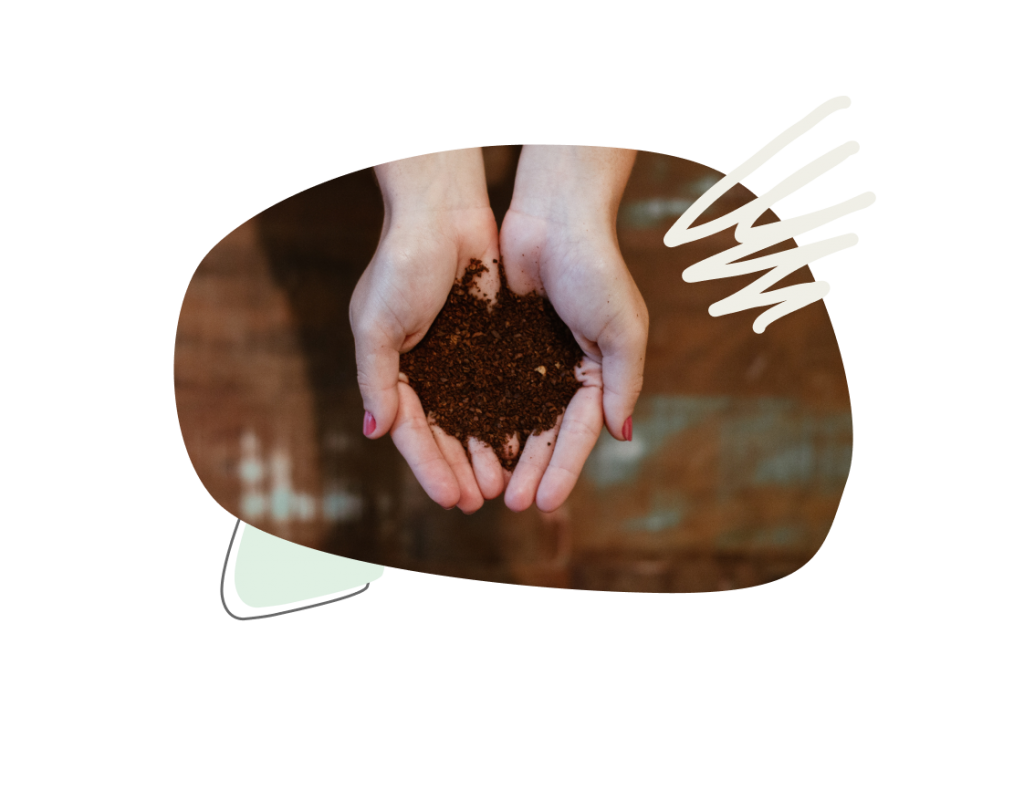The Science Behind Human Composting: How Does It Work and Is It Safe?
Composting. A term more commonly associated with apple cores and garden clippings than anything else. But hold your horses (and your spades), for we’re about to dig into the fascinating and somewhat controversial topic of human composting. Now, don’t turn up your nose just yet. It’s not as grim as it sounds!
What Is Human Composting?
Human composting, or as the posh call it, “natural organic reduction”, is a practice that turns human remains into soil. You might say it’s nature’s way of saying, “You were once stardust, and to the earth, you shall return. But first, let’s make some tomatoes!”
How Does Human Composting Work?
- The Body Preparation: No chemicals here, we’re keeping it natural. The body is placed in a specially designed vessel with organic materials like wood chips, alfalfa, and straw.
- The Microbial Magic: Aided by Mother Nature, microbes get to work, breaking down the body into carbon, water, and other elements. They’re the unsung heroes, working tirelessly without even a tea break!
- The Final Transformation: After a few weeks, what remains is nutrient-rich soil, ready to nourish plants and contribute to the ecosystem.
Is Human Composting Safe?
Short answer: Yes. Long answer: Absolutely yes! Human composting is monitored and regulated in areas where it’s allowed. It’s designed to be safe for both the environment and us mere mortals walking upon the earth.
Environmental Benefits
With climate change giving us the cold (and hot) shoulder, human composting could be part of the solution. It’s a sustainable option that reduces emissions and energy consumption compared to traditional burial and cremation methods. It also takes up much less land than traditional burial, and cemeteries can damage local ecosystems.
Human Composting in the UK
In the UK, where we’re more accustomed to discussing the weather than human composting, this practice is still gaining traction. It requires legislation, awareness, and a bit of British courage to embrace it. But the seeds have been sown, and the conversation is growing.
Whether human composting tickles your fancy or leaves you feeling a bit wilted, there’s no denying the science behind it is both fascinating and progressive. If you ever wanted to become a tree in your next life, now’s your chance!
Interested in more information about sustainable living and human composting in the UK? Keep digging through our site for more enriching content, and don’t be afraid to get your hands a bit dirty.
Are you interested in a natural, more sustainable funeral?
Right now, human composting and terramation are not legal in the UK. But we want to change that. Add your voice to our Close the Circle campaign and help more people give back to the Earth at the end of life.


I am truly fascinated and excited in equal measure by the process of human composting. Only in the UK can we polite and call it something more delicate like Terramation! lets keep it simple clear and real… it is human composting and with this process, we can go back down and help heal Mother Earth. I am keen to be part of this business and look forward to opportunities collaborating around the world, to make this a cost effective, truly sustainable process. I invite people to join me on a free online event on 22 May, 7pm UK/Irish Conscious Conversations on Living and Dying Well, where I will discuss this process and why it is so important.
Here is the link to register and join us. https://www.eventcreate.com/e/communitylivingdyingwell